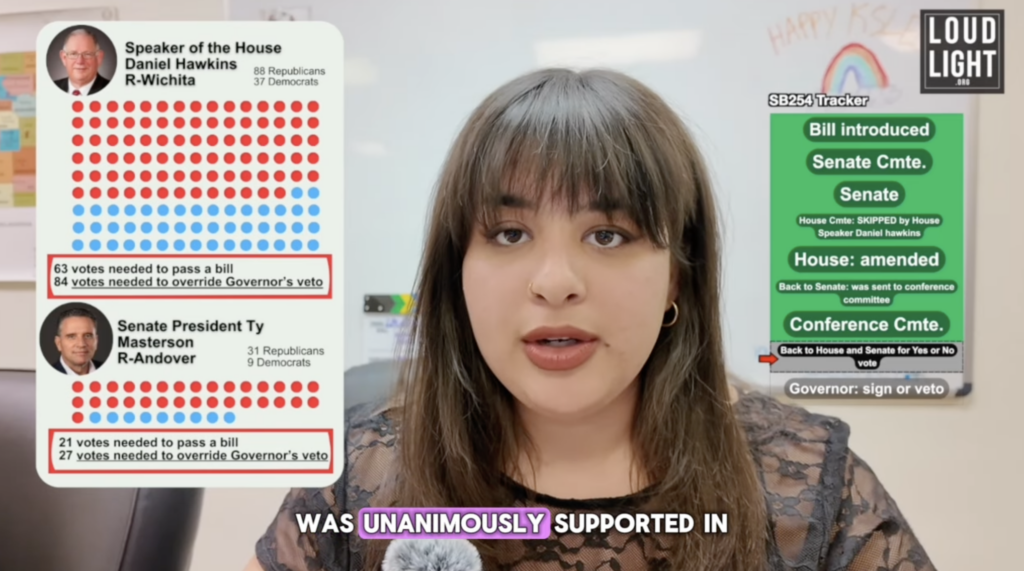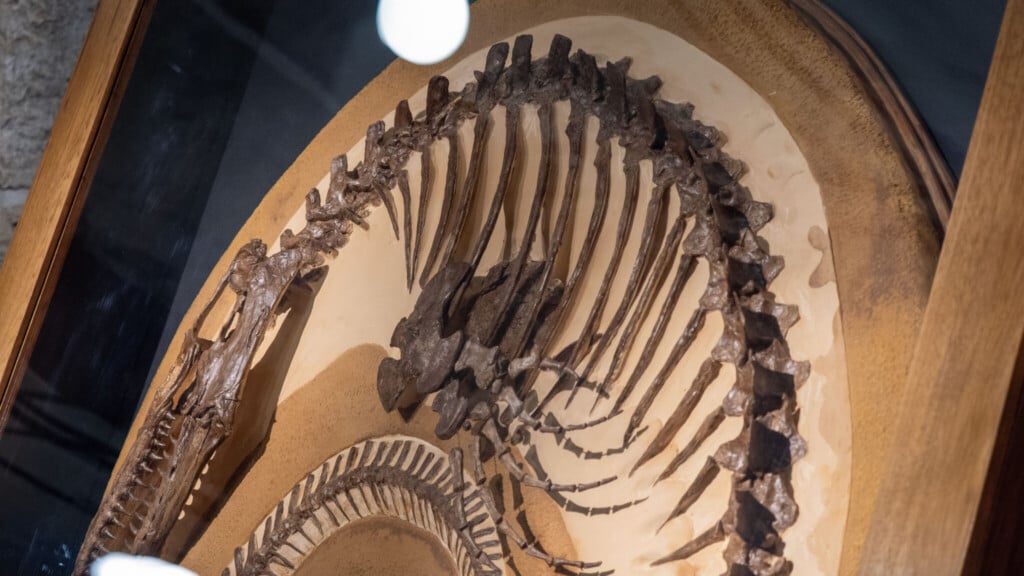Mayor Lucas discusses national coalition for achieving reparations and when KC might see results

Mayor Quinton Lucas official photo. // Courtesy City Hall
Mayor Quinton Lucas official photo. // Courtesy City Hall.
Mayor Quinton Lucas provided more details on the Mayors Organized for Reparations and Equality (MORE) coalition he recently joined. Mayor Lucas explained his decision to join the coalition, when benefits from the program might be offered, and who might be eligible.
According to Lucas, the decision to join the coalition was jointly a choice to help right the wrongs of the past and to help navigate federal funds to those who need it most.
“One, it’s the right thing to do,” Lucas says. “I think when you look at the historic underinvestment of the Black community in America, when you looked at the challenges that we placed upon many of our brothers and sisters, based upon, not just our past with slavery, but segregation, and redlining after that, it is essential that we find an opportunity to address and to right historical wrongs.”
In addition to the historic underinvestment from and discrimination towards the Black community, Lucas talked about the need for federal aid to reach those who need it most.
“The second is that there is a lot of federal money coming into the states right now, there’s a lot of federal money coming into the cities,” says Lucas. “I don’t want to see what happened with the PPP program where black-owned businesses, women-owned businesses were saying at the end of it, ‘we either didn’t apply or we didn’t have the accounting help or professional services to actually get access to these loans.’ I think, as we are talking about trillions and federal spending coming into our cities, we need to make sure that we’re targeting communities that need it the most.”
While the MORE coalition is currently in its initial stages of planning and conducting research into what the next steps will be, the Mayor did offer a rough timeline of when the coalition might move to action.
“There is a bill of injuries by Representative Sheila Jackson Lee of Texas,” Mayor Lucas says. “As part of our coalition of mayors, we have discussed and made public our support of the said bill. If it passes soon, then ‘what the hell,’ we can get moving almost immediately. If it does not, then we’ll have more legislative work to do in the lobby. But I figured anywhere from as soon as that bill can pass to maybe making it work over years.”
The bill Mayor Lucas is referring to still faces a difficult path to receive the house votes it needs to ratify it into law.
When asked about what groups might be included in the coalition’s plans, Lucas asserted that he believes Native Americans should receive consideration.
“It is a tragedy [that], not just our country’s past treatment of Native Americans, [but] ongoing treatment of Native Americans,” Lucas says. “I think that, yes there are ongoing discussions about how we need to make sure we’re helping Native Americans and others.”
However, Lucas specified that the current and primary focus of MORE is on Black people and the descendants of slaves.
“I do think reparations conversation, in this situation, speaks to slaves, descendants of slaves, and how that history and ongoing racism as a country, has led to gross unfairness,” Lucas says. “So to me, while this conversation doesn’t preclude others. This is a conversation about how we can write the historical wrongs of slavery and the treatment of Blacks in America.”
Currently, the MORE coalition is made up of 11 mayors from cities across the United States. As a coalition, they are working toward providing resources and advocacy in the implementation of reparations to Black individuals—something that would be the first of its kind.
Mayor Lucas is joined by St. Louis Mayor Tishaura Jones on the coalition board. Los Angeles Mayor Eric Garcetti founded MORE after the state of California commissioned research into the study of reparations.
The complete list of members, resources, and mission of MORE can be found here.




